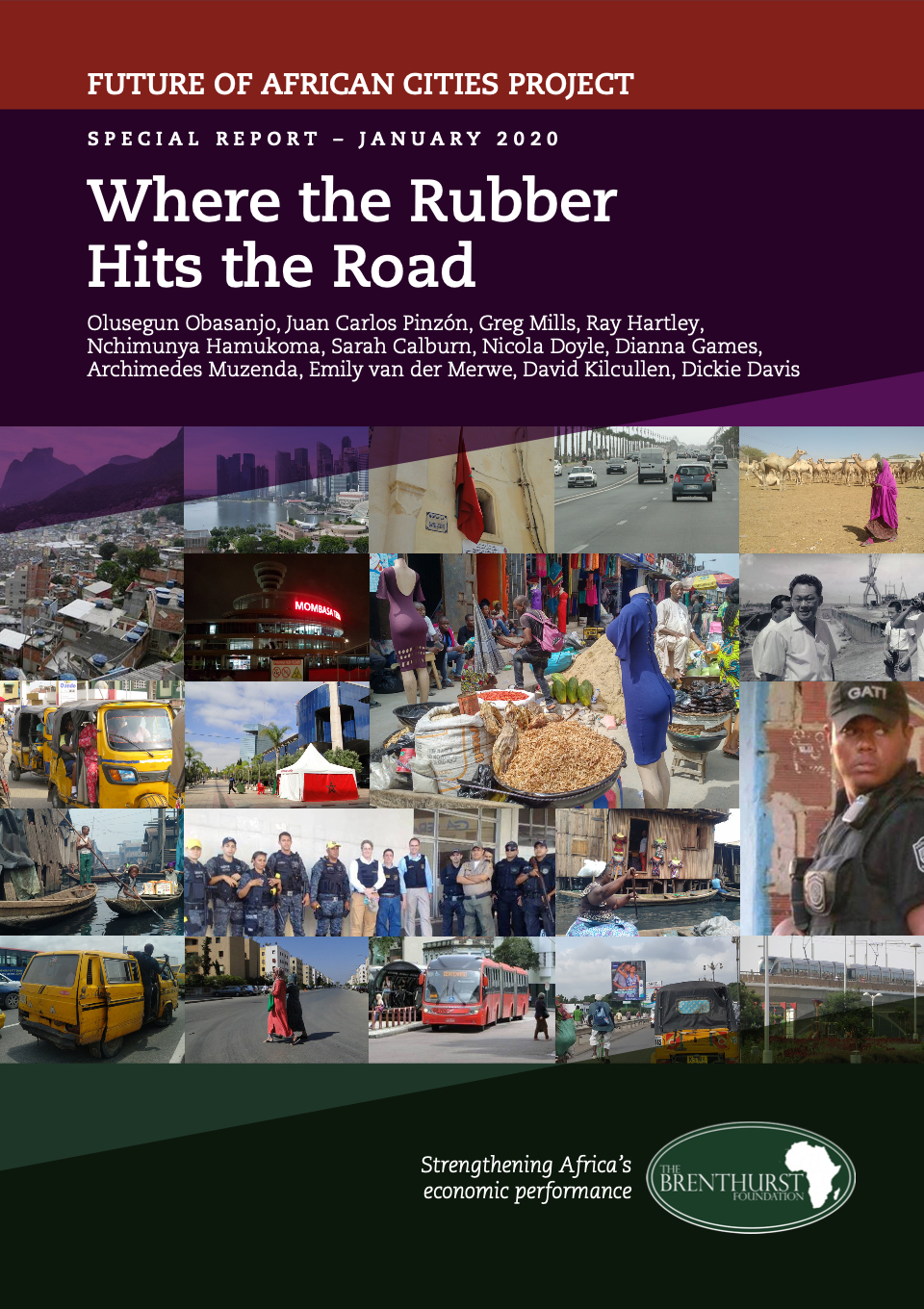Publications
Disincentivizing Africa's Digital Dystopia
E-waste is, at present, the most prolific waste stream in the world, predicted to reach 120 million tonnes by 2050 – of this, a staggering 76% is unaccounted for. Whilst largely undocumented, the illicit shipping of e-waste from developed to developing nations is a widely publicised phenomenon. Despite being signatories of the Basel Convention, poor legislation governing e-waste handling in Nigeria and ghana have resulted in these countries becoming Africa’s major digital dumpsites, with the ports of Lagos and Accra respectively receiving 60 000 and 150 000 tonnes of illicit e-waste annually. In the age of innovation, current trends in digital turnover and consumption point to a continuation along this trajectory. A deficit in formal sector employment opportunities in combination with growing population numbers similarly creates market demand for e-waste within these countries, with urban mining presenting itself as a financially lucrative source of revenue.
This discussion paper argues that, while economics may be driving the current globalisation of e-waste, it too may provide insights into how Africa’s electronic epidemic may be overcome. The concurrent problems of mounting e-waste, rising resource scarcity and the price instability of various minerals and metals required for electronics production emphasise the need for a transition towards a circular economy.
The implementation of market-based mechanisms like Pigouvian tax, PES (payment for ecosystem services), and the institution of land rights to financially incentivise responsible waste handling could additionally prove useful in expediting the shift by providing financial incentives for sound e-waste handling, while the formalisation and governance of the urban mining sector under the under principles of EPR (extended producer responsibility) could incentivise producers to invest in developing the infrastructural capacity for sound recycling in developed nations like Nigeria and ghana, thereby generating formal sector employment opportunities and just transitions towards sustainability.



